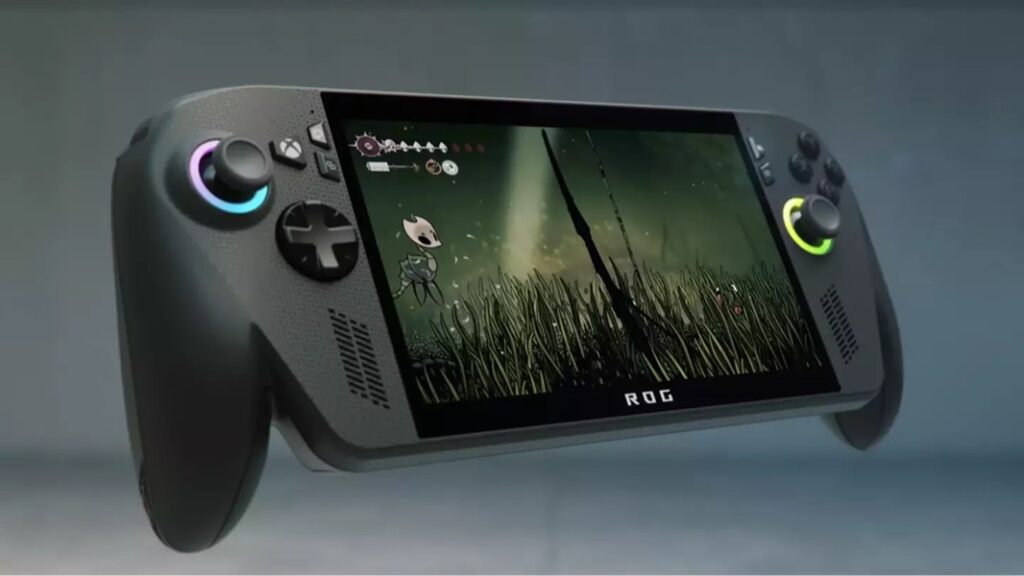Microsoft has officially cancelled its Xbox handheld console plans, shifting its strategy toward software optimization and third-party collaboration. This decision comes just days after Asus unveiled its ROG Xbox Ally, a Windows-based gaming device integrated with Xbox software.
According to media, Microsoft had internally shelved the project and is instead focusing efforts on enhancing the Xbox platform for portable PC gaming. This marks a significant change in Microsoft’s approach to the portable gaming market, especially as competitors prepare to launch next-generation handhelds like the Nintendo Switch 2.
Xbox Software Becomes the Core Strategy
Rather than producing proprietary hardware, Microsoft is doubling down on the Xbox software platform. The goal is to provide the tools and user experience necessary for other manufacturers to create Xbox-branded handheld gaming devices.
Phil Spencer, Microsoft Gaming CEO, emphasized this shift during a recent Xbox podcast. He highlighted a growing collaboration between the Xbox team and the Windows division to deliver a consistent and optimized gaming experience across new handhelds running Windows 11. These devices will feature a custom Xbox interface, designed to function like a console launcher, streamlining access to games and apps on smaller screens.
Focus Turns to Windows 11 Gaming Optimization
The cancellation of the Xbox handheld console coincides with Microsoft’s renewed focus on improving gaming performance on Windows 11. According to Windows Central, the company has halted hardware development to prioritize software enhancements aimed at boosting compatibility and efficiency on portable devices.
One major development includes the rebranding of PC games as “Xbox PC” titles, a move that further integrates the Xbox identity into the Windows ecosystem. The Xbox PC app is also being updated to support Steam games, allowing users broader access to their gaming libraries through a single Xbox-themed launcher.

Future Outlook: Xbox PC and Emulation Capabilities
Although Microsoft is stepping back from building a dedicated Xbox handheld console, the company remains deeply invested in portable gaming. Future plans include enabling Xbox games to run on Xbox PCs using emulators, though this feature is still in early development.
By empowering OEM partners to build their own Xbox-compatible handhelds, Microsoft could soon offer a variety of devices tailored to different gamer needs and budgets. This open approach may position the company as a dominant software and platform provider in the increasingly competitive handheld gaming space.
ASUS ROG Ally – White Edition (512GB SSD | 16GB RAM. Next-Level Gaming. Ultra-Portable Performance!
Implications for the Handheld Gaming Market
Microsoft’s new direction suggests that the future of Xbox lies in ecosystem expansion rather than hardware exclusivity. By transforming Windows-based devices into full-fledged gaming machines with Xbox support, Microsoft aims to compete not only with the Nintendo Switch but also with platforms like Steam Deck.
The cancellation of the Xbox handheld console may disappoint some fans, but the broader vision reveals a strategic effort to influence the entire portable gaming industry through software, partnerships, and user experience.






